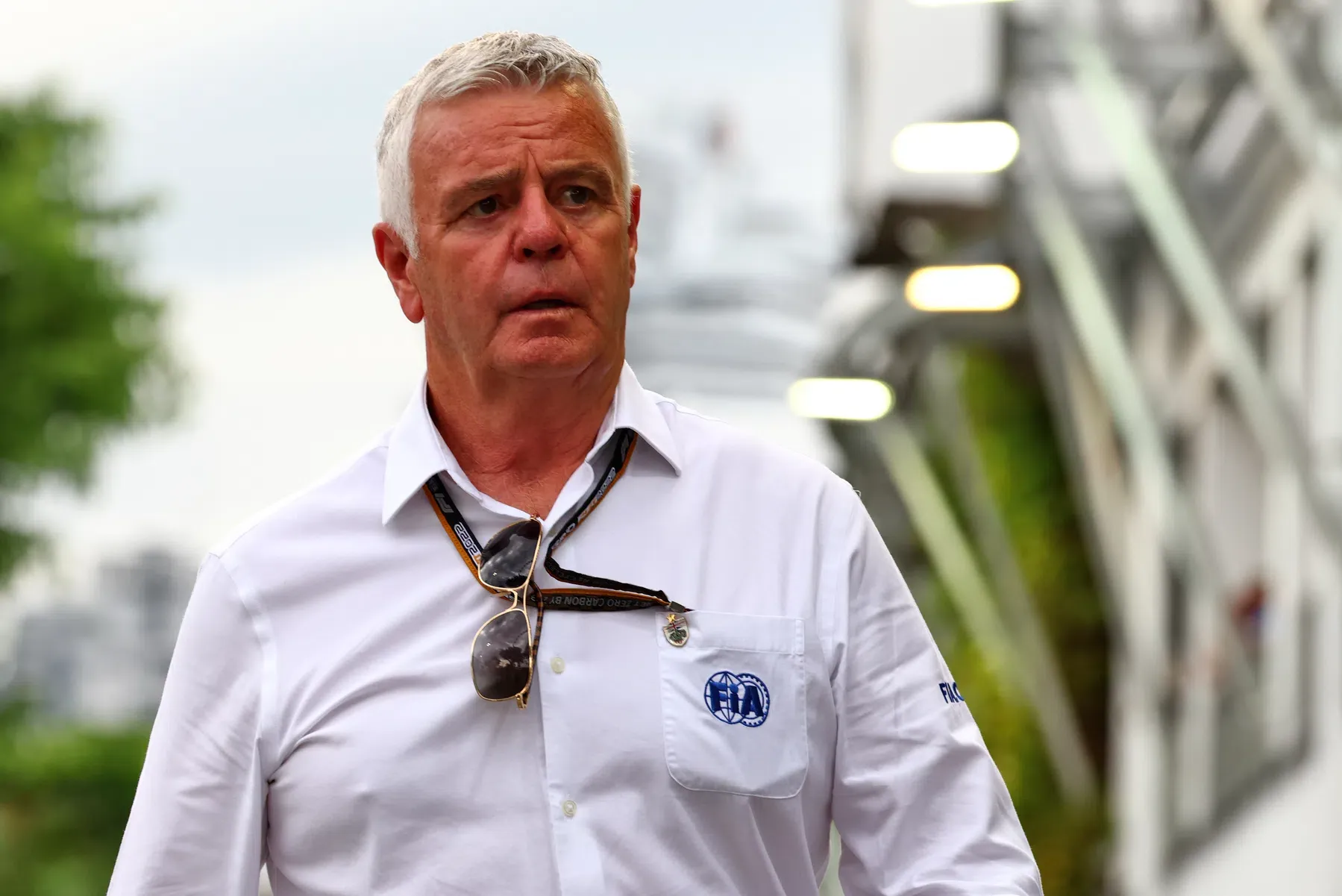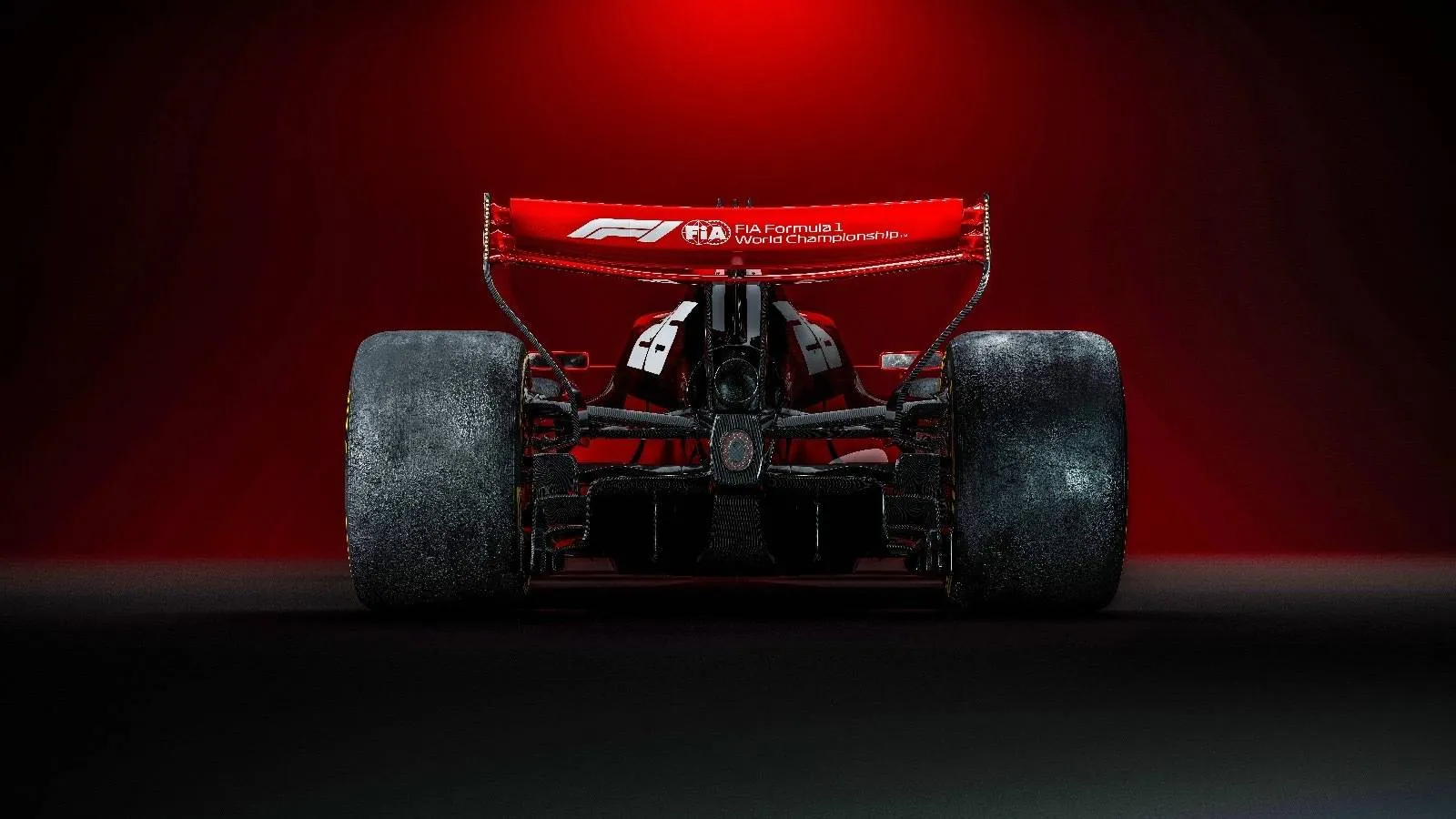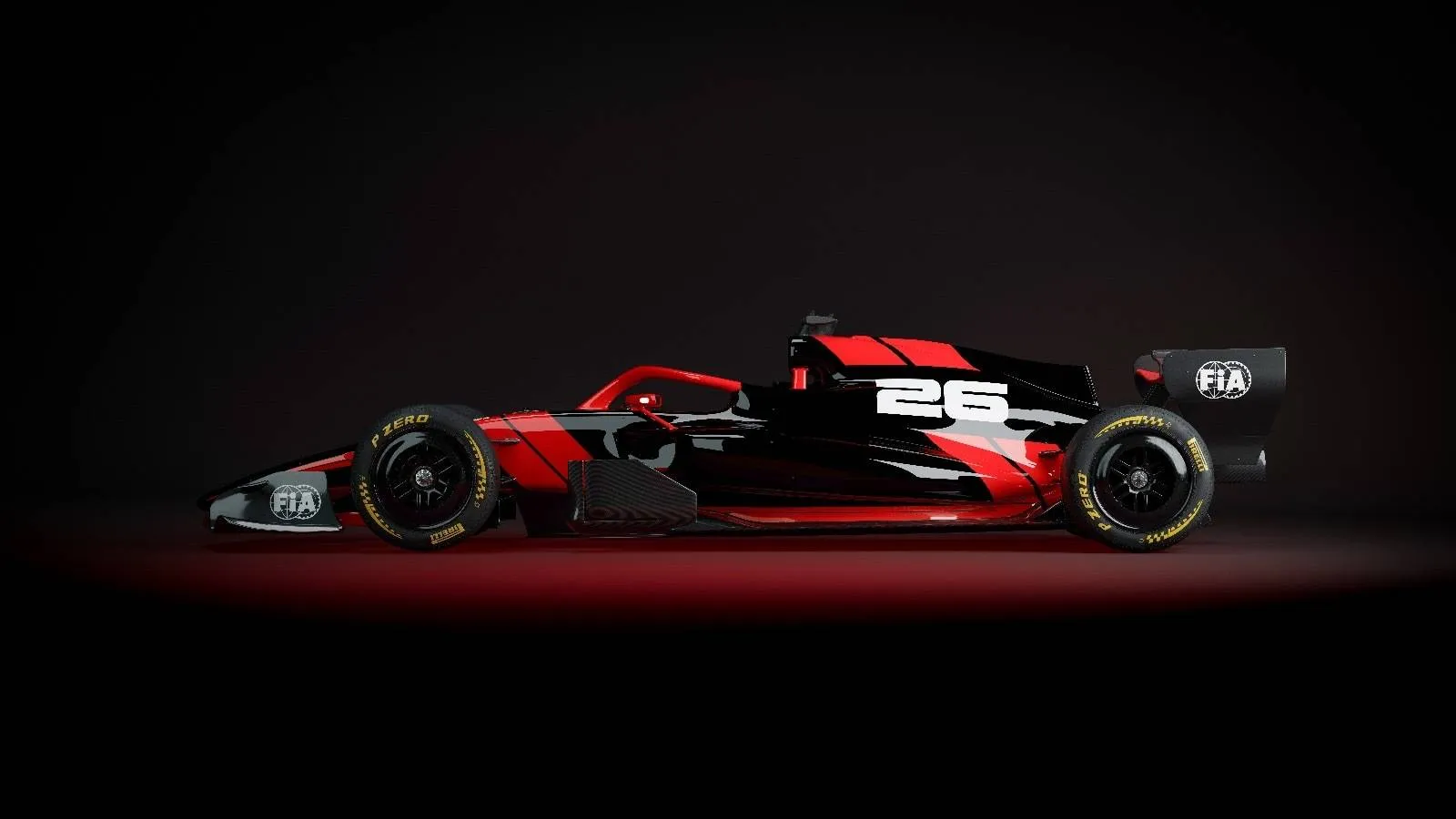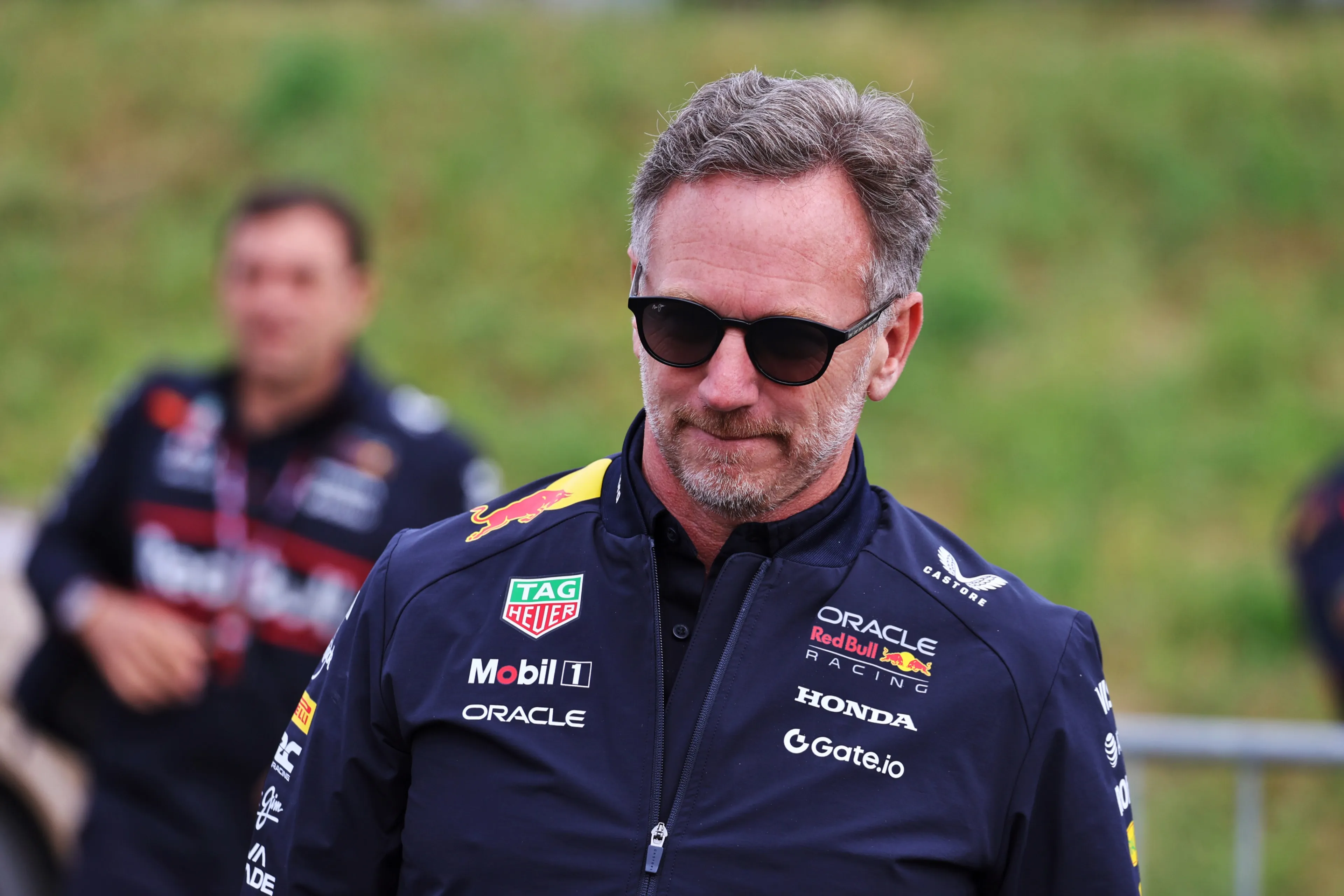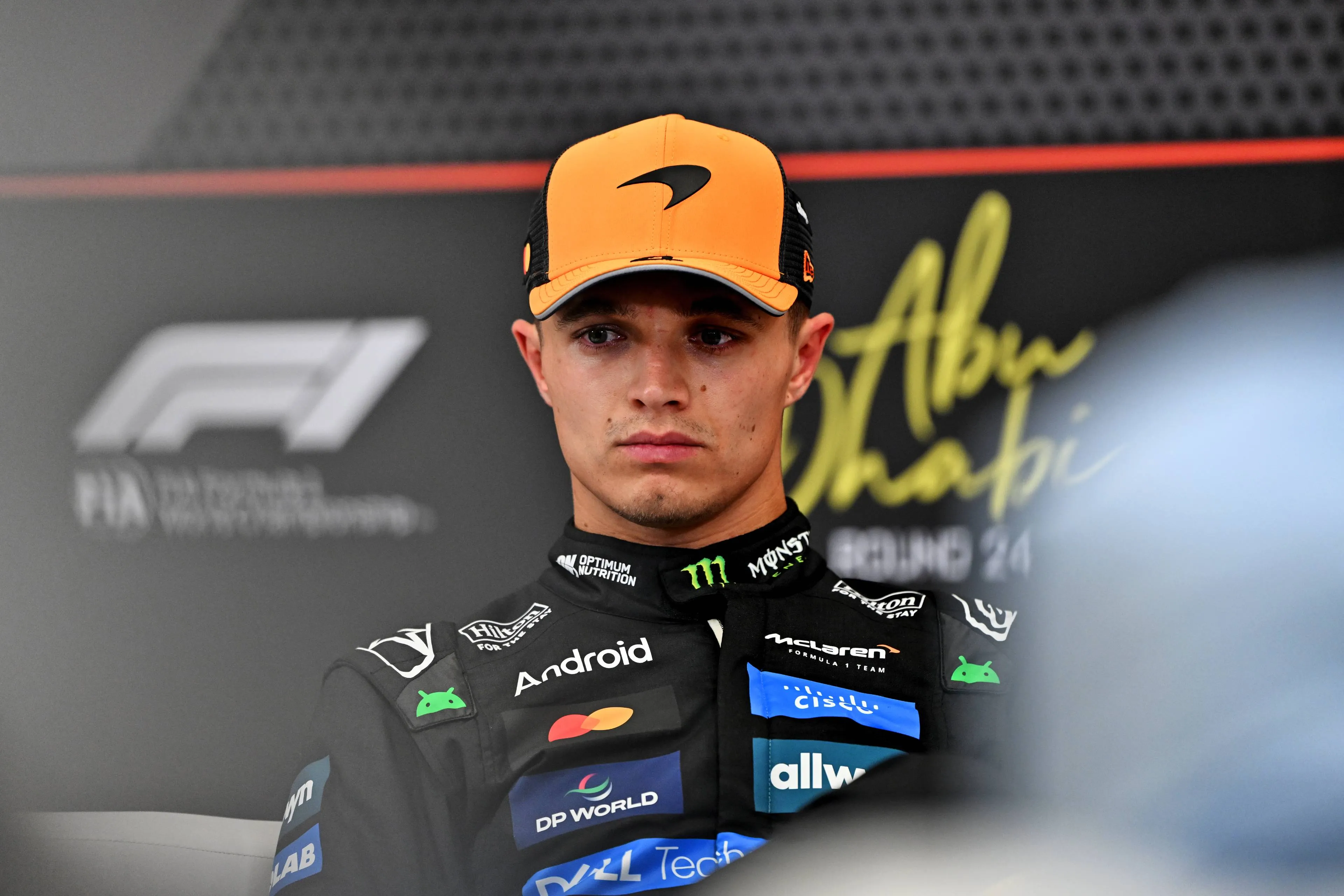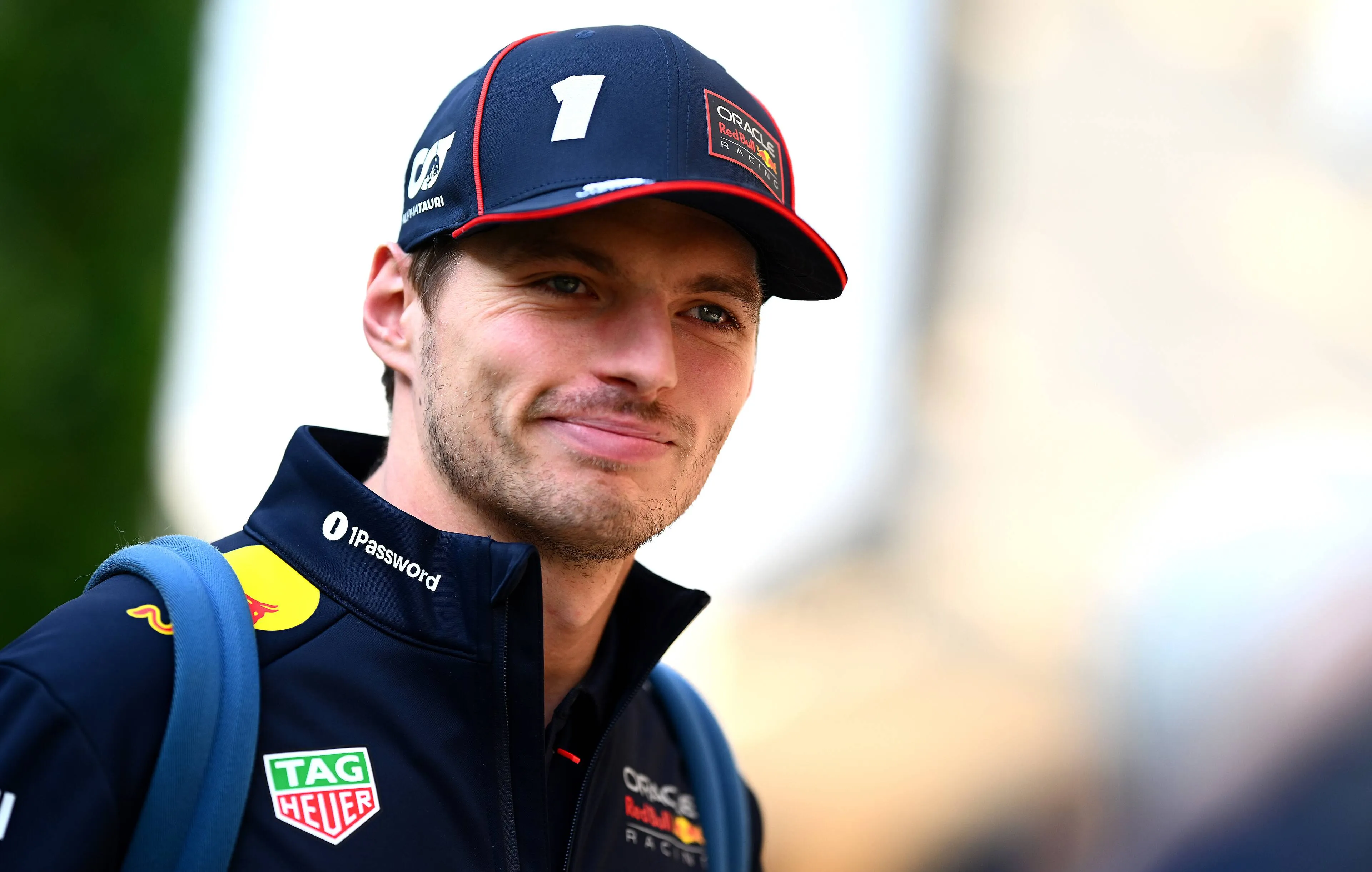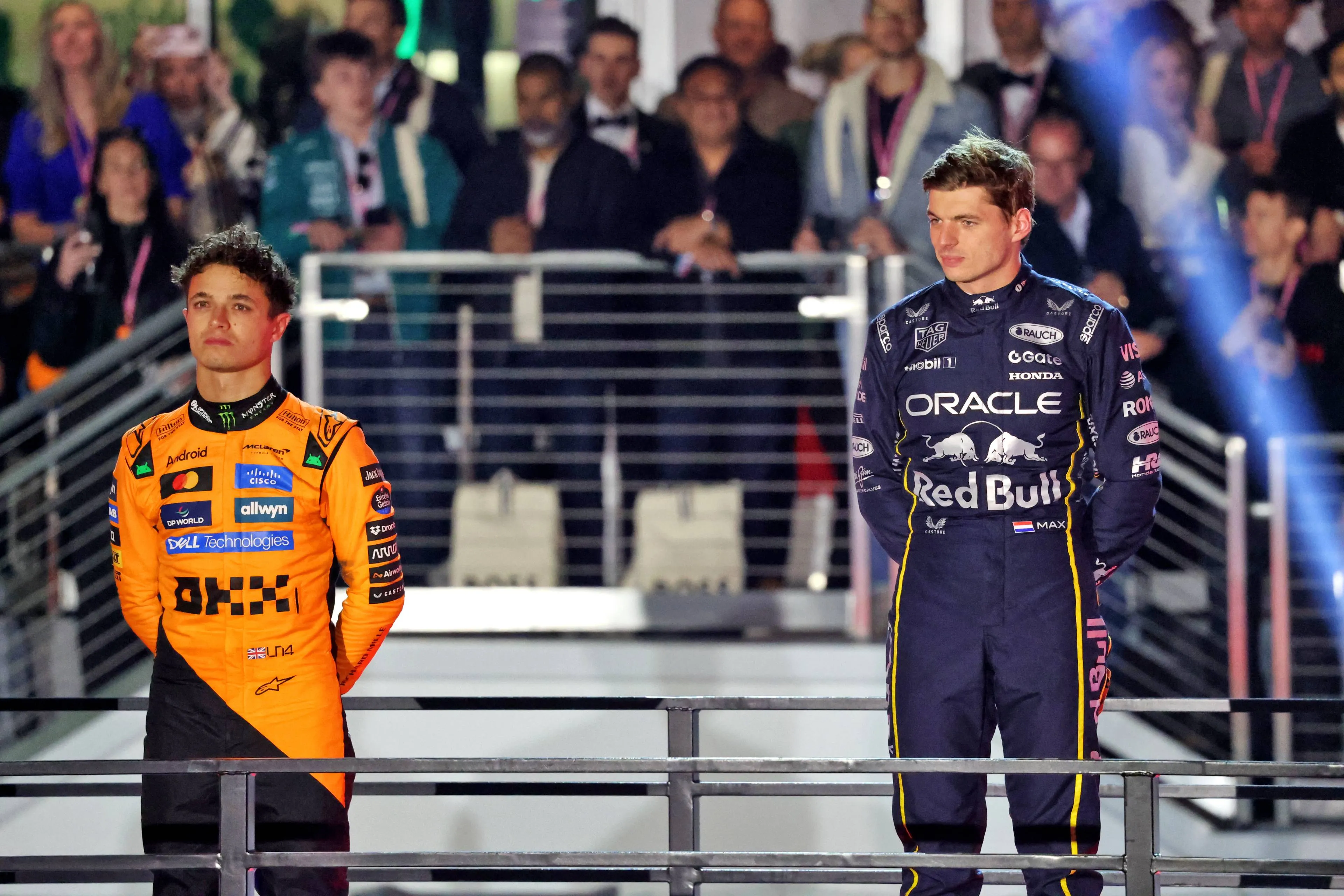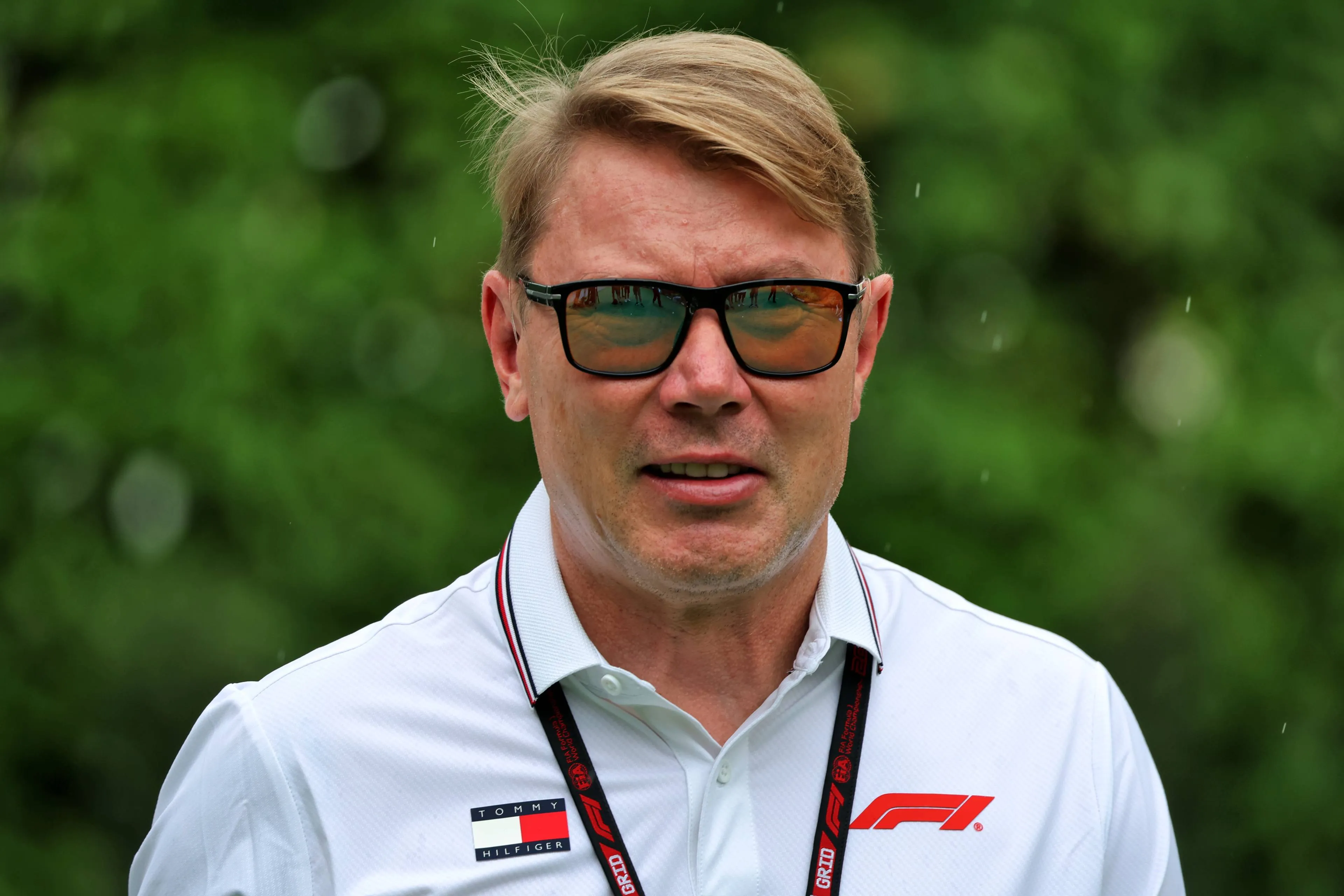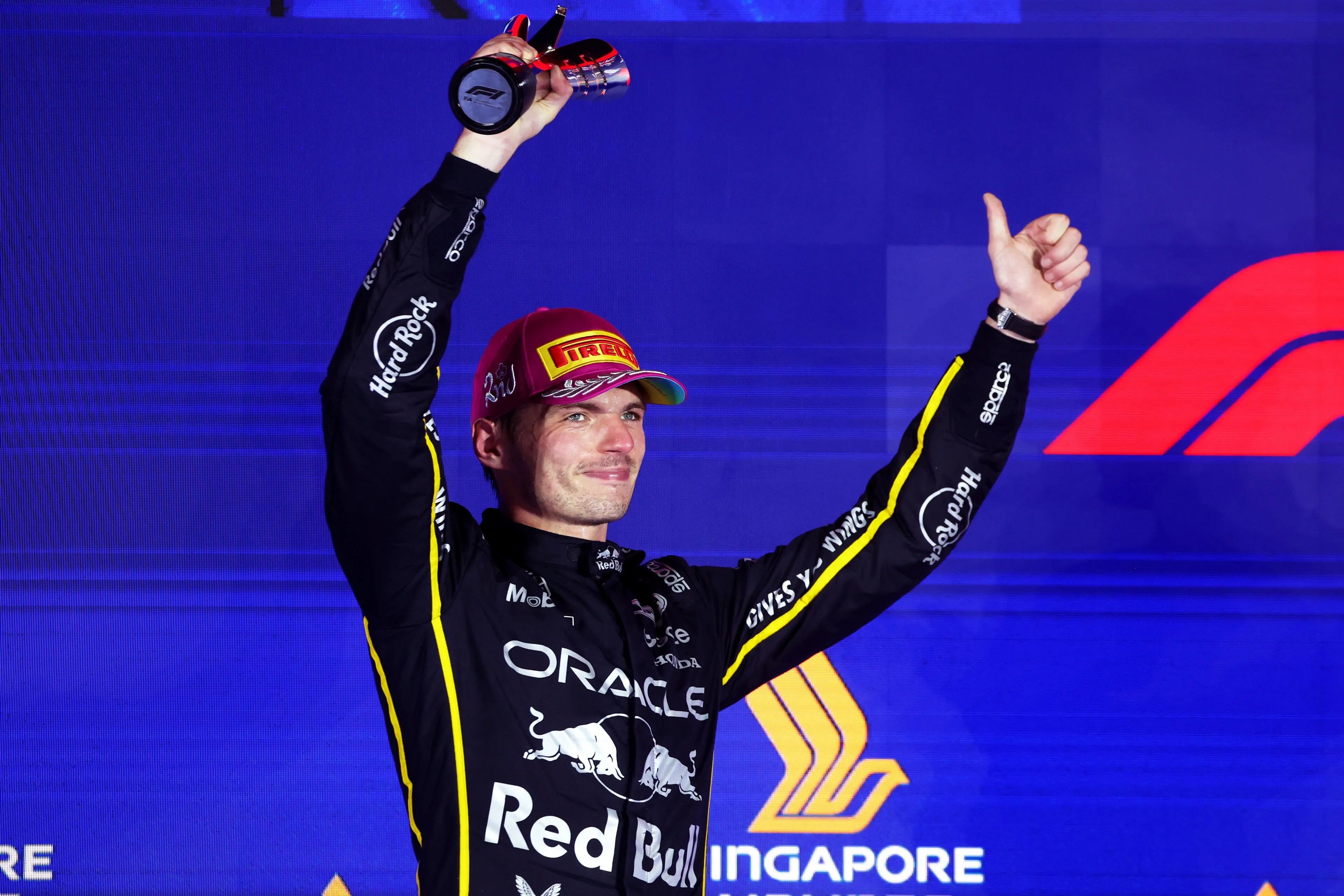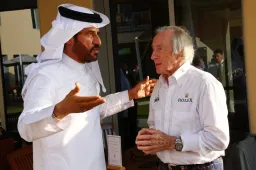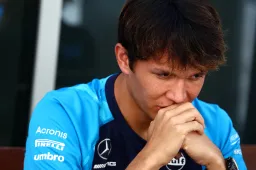Even Senna was scared of Derek Warwick: 'That killed my career momentum'
18:00, 19 Jan 2024
2 Comments
Some say he is the best Formula 1 driver ever without a Grand Prix victory. Derek Warwick (69) himself calls this 'not a good statistic' on the one hand, but also a 'backhanded compliment'. An interview with one of the most appealing drivers of the 1980s and (early) 1990s, who was even feared by Ayrton Senna.
Warwick told GPblog, in his office located in Jersey, that he is frequently asked about his career results. "Sometimes I get a little bit sad that I was never able to reach, hopefully, whatever my potential was. Do I think I could have won Grands Prix? Yes. Could I have been a world champion? Well, it's special people who are world champions.
"So maybe I could, maybe I couldn't. I think I could, but that's a little bit biased. I've won two world championships in my life. One in short oval [circuits]. Like sprint cars. I won the world championship when I was very young. And obviously the World Sportscar Championship and Le Mans.
A tough start
A conversation with Derek Warwick is a breathtaking trip down memory lane, full of colourful anecdotes. A story that follows him through iconic teams such as Brabham, Toleman, Renault, Lotus, Arrows and Footwork. In the end, the Brit drove 147 Grands Prix (162 entries). It was an adventure that started in 1981. Only in his 21st (!) Grand Prix weekend, did he manage to see the finish flag of a Grand Prix for the first time.
"81 with Toleman was pretty difficult. The car really was a sh*tbox. Brian Henton qualified for one race and didn't finish. I qualified for one race and didn't finish. But I showed enough potential that they kept me on for the second year, which wasn't a lot better. It was a car that Rory Byrne designed, who went on to be one of the best designers in Formula One. But the concept was wrong. We didn't have enough money," Warwick stated, indicating that further development was impossible.
Week on week, race on race, there were setbacks. Only the mentally strongest manage to stay afloat in such a case. As a driver, Warwick was such a person. The former driver talks about his biography, which he is currently working on and which will be published in about three months: "The book is Never Look Back. One of my strengths was I never look back. So when I missed out on the Lotus drive in 86, I didn't look back crying all the time. I just went forward and said, ‘right, what can we do now?’ I think that's been one of my strengths."
Senna vetoed Warwick
How different could Warwick's career have been? Lotus in '86, for example. At last, Warwick seemed to have a chance at a top team alongside Ayrton Senna. But the Brazilian was not keen on having the Brit as a teammate. Senna thought Warwick was too good. "In not so many words, but basically yes," Warwick looked back. "I signed the contract in 85, and I got called to Lotus. I thought for them to sign their part and give me the sign-on fee."
But nothing could be further from the truth: "They tore the contract up in front of me and said, sorry, but we've had extreme outside pressure from the sponsor, who's had pressure from Ayrton. He doesn't want me to go there and for him to be equal number one. He wants to be number one on his own. He wants to call on a spare car, etc. So it was a backhanded compliment. But nevertheless, it really destroyed my career because then I had nowhere to go. I ended up in the Brabham, that was a sh*t car anyway. The whole momentum slowed down."
'F1 drivers of today should be lucky'
Yet a bigger disappointment was the 1984 season, in which he raced for Renault. "We should have won Grands Prix," believes Warwick, who finished second at Zolder and at Silverstone that season and third in Germany. Warwick summarised: "I think I broke down or had accidents in 50% of races I started. When I look at the drivers now, I kind of want to remind them that they're lucky".
"They're in a world of safety. They're in a world of reliability. And a lot of us would have paid big money to be in today's Grand Prix cars. It was a dangerous time. It was a difficult time. But as my teams used to say during those difficult times, it's character building."
Between characters
F1 was full of drivers with character back then. Warwick nods: "I remember the strike in South Africa. I'm in a room now. I'm the youngster. I'm the new boy. You're in there with Carlos Reutemann, Alan Jones, Piquet, Arnoux, Pironi, Villeneuve, Lauda, and Prost. They're iconic drivers. They're drivers that any one of them did and could have won Grands Prix and World Championships. Do I feel the same about today's crop of drivers?" the Briton himself asks the question.
"I'm not so sure. But, yeah, they were all characters. We all had respect for each other because we knew that we were in a very dangerous time to be a Grand Prix driver. Not as dangerous as the decade before or the decade before that. But nevertheless, it was still dangerous. I think something like 13 drivers were killed during my 11 years in Formula One. Not just in Formula One, but in what I call top motorsport, including my little brother. I knew deep down in my gut how dangerous motor racing was."
Villeneuve's death
His thoughts return to '82, the Belgian Grand Prix at the Zolder circuit. "When Villeneuve was killed, I was the first on the scene. I helped to pull him out of the catch fencing with no helmet on. That day taught me to create a little safe in the back of my head where I would lock [away] disappointment and tragedy. Someone like, like Gilles, I had to put him into my safe. I don't mean to say I didn't get emotional. I remember when all the medics came, I just jumped in my car and drove back to the pits.
"Then when I got to the pits, I just cried my eyes out. So I'm not short of emotion. But there are times when I have to lock things away. The one thing that really hurt my wife at the time was that Gilles died that night on Saturday evening. Sunday morning, I got up, showered and got ready for the race. And Rhonda said to me, what are you doing? I said it's race day. To this day, she still does not understand how soft and gentle I am with everyday life. I can also be so hard, focused and determined to do something. So a bit of a split personality. In those days, you had to have it as part of your armoury to survive."
A split personality
Looking back on everything that happened in his active racing career, Warwick says: "I don't think it changed me. I am the person I am. I've always been this person. I'm one of these people; I can cry at the adverts. I'm a very emotional person. And it doesn't take a lot for me to cry. But I've got this inner strength, this inner protection that allows me to absorb this sort of situation.
"When Paul died, it was probably the most difficult time in my life. And about two weeks after his death and a week after the funeral, I raced at Nürburgring and won the race in a sportscar with Jaguar. I think for a lot of drivers, it didn't work, and they faded out. I don't want to mention any drivers, but I know maybe half a dozen drivers who were never the same after a tragedy.
Again, Warwick himself asks, "So did it affect me as a person, as a personality? No. I would sum myself up this way, which is a contradiction. I am one of the most giving people in the world. I am one of the most selfish, unselfish people you will ever meet. I give you my life, I will give you everything, but if I need to do something, I want to do something, nothing will stop me. So that's the selfish part of me. Formula One was the selfish side of me."
Read more about:
Popular on GPBlog
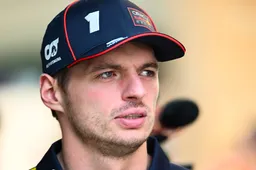
1
Verstappen makes the switch to Mercedes and flies to Portugal
305342 times read
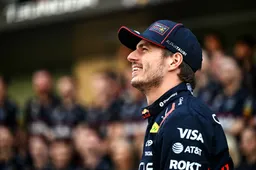
2
Hill: 'Hamilton on his way out, Verstappen is now the F1 grid's target'
8416 times read

3
Button's 'wish' comes true! Alonso will become father in 2026
8346 times read
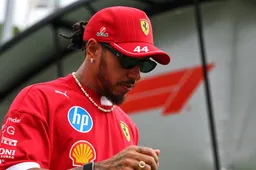
4
Hamilton fails to keep his promise for Formula 1 winter break
3780 times read
Loading
